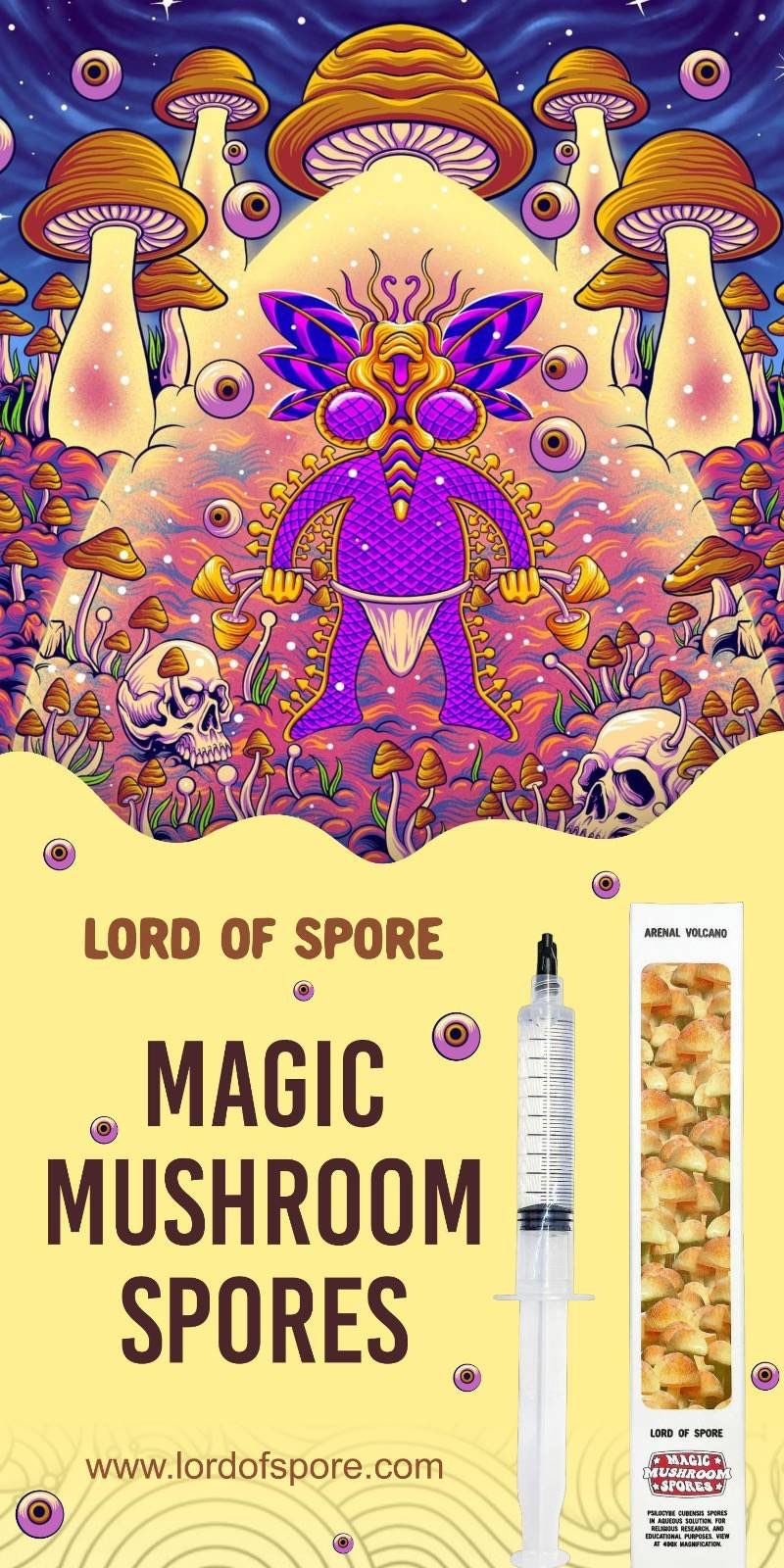In a landmark move, the U.S. Food and Drug Administration (FDA) has issued its first draft guidance concerning clinical trials with psychedelic drugs. This monumental step marks a new era in the exploration of the therapeutic potentials of these substances. The guidance is aimed at advising researchers on the design and conduct of clinical studies involving psychedelic drugs.
Why is this important?
For decades, psychedelic substances such as psilocybin, LSD, and MDMA have remained on the periphery of medical research due to historical stigma and regulatory restrictions. However, with a growing body of evidence pointing to their therapeutic benefits in treating mental health conditions like depression, PTSD, and substance use disorders, there is a renewed interest in understanding and utilizing these compounds for their potential medical benefits.
The issuance of the draft guidance by the FDA acknowledges the growing interest and paves the way for rigorous, structured, and safe exploration into the medicinal properties of psychedelic drugs.
What does the guidance entail?
According to Tiffany Farchione, M.D., director of the Division of Psychiatry in the FDA’s Center for Drug Evaluation and Research, psychedelic drugs show promise as potential treatments for mood, anxiety, and substance use disorders. The guidance document is aimed at helping researchers understand the unique characteristics of psychedelic drugs and to design studies that will yield results capable of supporting future drug applications.
The term psychedelics, as used within the draft guidance, refers to “classic psychedelics” like psilocybin and LSD, as well as “entactogens” or “empathogens” such as MDMA.
The guidance addresses various aspects of drug development including:
- Trial conduct
- Data collection
- Subject safety
- New drug application requirements
The document particularly highlights the psychoactive effects of these drugs and their potential for abuse. It stresses the importance of adequate safety measures to prevent misuse and compliance with Drug Enforcement Administration regulations, particularly for Schedule I controlled substances.
Moreover, the draft guidance examines the role of psychotherapy in psychedelic drug development, considerations for safety monitoring, and the significance of characterizing dose-response and the durability of any treatment effect.
Encouraging Public Participation
The FDA has taken a commendable step not only in issuing this guidance but also in encouraging public comments on the draft. This is an opportunity for stakeholders, including researchers, mental health professionals, patients, and advocacy groups, to provide input and feedback.
Looking Ahead
The release of this draft guidance is a monumental step that reflects a shifting paradigm in how we approach psychedelic substances and their potential therapeutic applications. With a structured framework for conducting clinical trials, researchers will be better equipped to explore these compounds responsibly, ethically, and rigorously.
This development has the potential to accelerate the incorporation of psychedelic therapies into mainstream medicine, transforming treatment options and improving outcomes for patients struggling with mental health conditions.
The responsibility is now on the research community to embrace this opportunity and conduct well-designed studies that can shed light on the therapeutic potentials of psychedelic drugs, while ensuring the utmost standards of safety and ethics.

